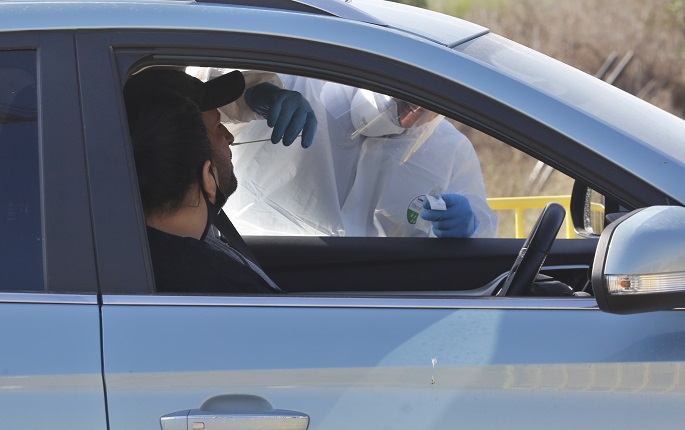91% of coronavirus-infected people retain antibodies for 6 months
Published : 22 Dec 2020, 01:17
Updated : 22 Dec 2020, 04:06
A very large share of people infected with coronavirus in the spring still had detectable antibodies six months later, according to a study conducted by the Finnish Institute for Health and Welfare (THL).
The main aim of the study was to find out how long the antibodies last in SARS CoV2 virus-infected persons, and thus also to assess the duration of possible protection, said a THL press release on Monday.
A previous study by THL and the City of Helsinki found that nearly all those infected with coronavirus (63/64) formed antibodies, which also remained for a period of four months in most of the participants.
The follow-up study for the serological population study of the coronavirus epidemic began in October. People aged 18 or over, who had a coronavirus infection confirmed by PCR-testing in the spring at least six months ago were invited to take part in the study. A total of 1,164 subjects from five different hospital districts participated in the study.
The microneutralisation test measures antibodies that neutralise the virus. Thus far, these antibodies have been found in 792 out of 867 subjects, which is 91% in the follow-up study.
“The fact that antibodies persist in such a large proportion of those infected for a long time is a promising finding, and, in particular, the persistence of neutralising antibodies can mean longer-term protection from new infection,” said THL Research Manager Merit Melin.
The neutralising antibodies formed in infected persons are likely to provide protection against symptoms or severe symptoms of a new infection, as evidenced by animal experiments. However, it is not yet known which amount of antibodies is sufficient to protect a person from an infection or how long the protection will last.
Neutralising antibodies target the viral spike protein, on which the majority of vaccines under development are also based. In clinical trials, coronavirus vaccines have produced as good or stronger antibody responses compared to natural infection.
International studies have found that the levels of neutralising antibodies achieved with new types of mRNA vaccines were high in both young adults and older people. The effectiveness of vaccines has been equally good in people of different ages.
“Our observation that neutralising antibodies persist in most people for more than six months after infection also increases optimism about the long-term protection provided by vaccines,” said THL Research Manager Arto Palmu.


